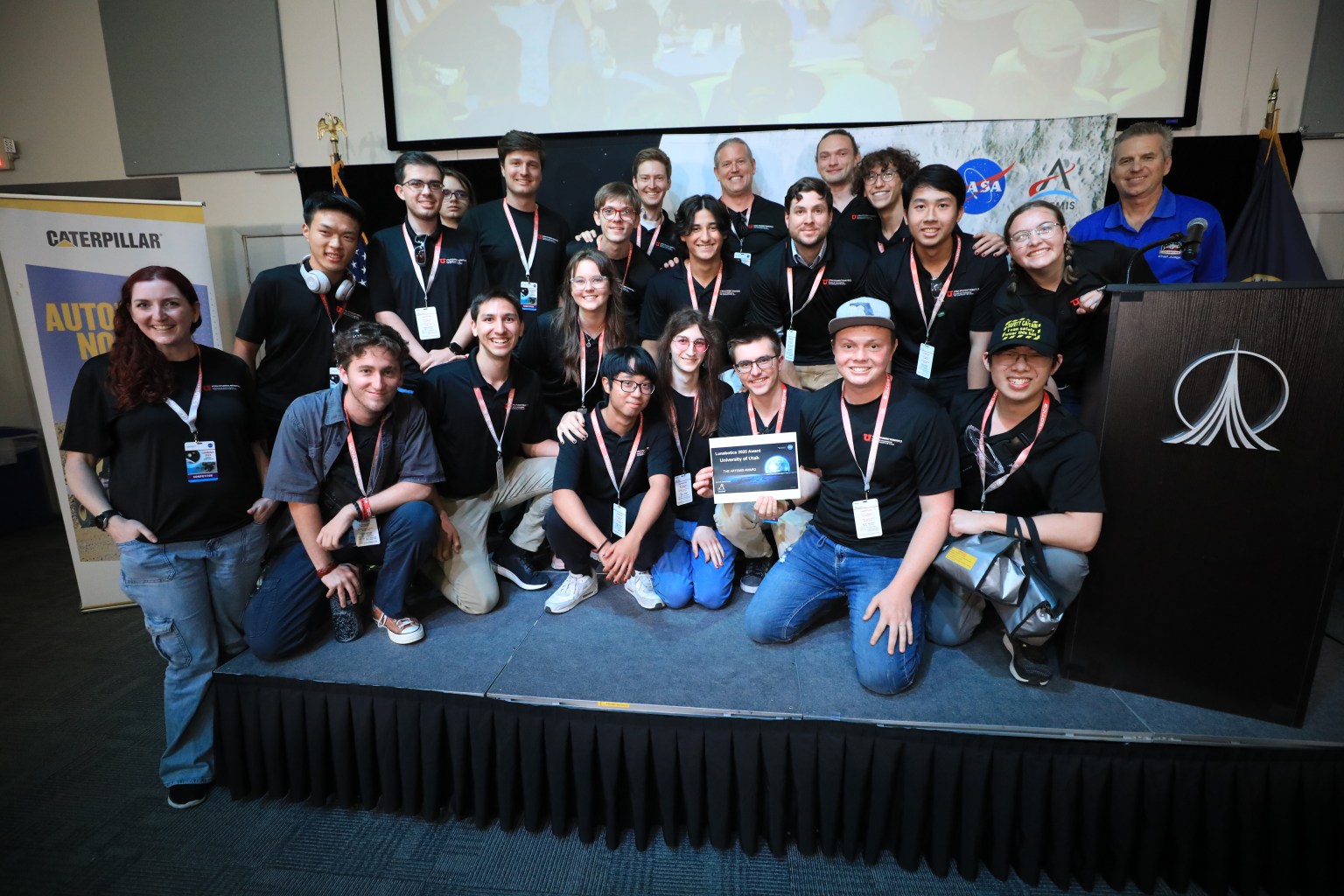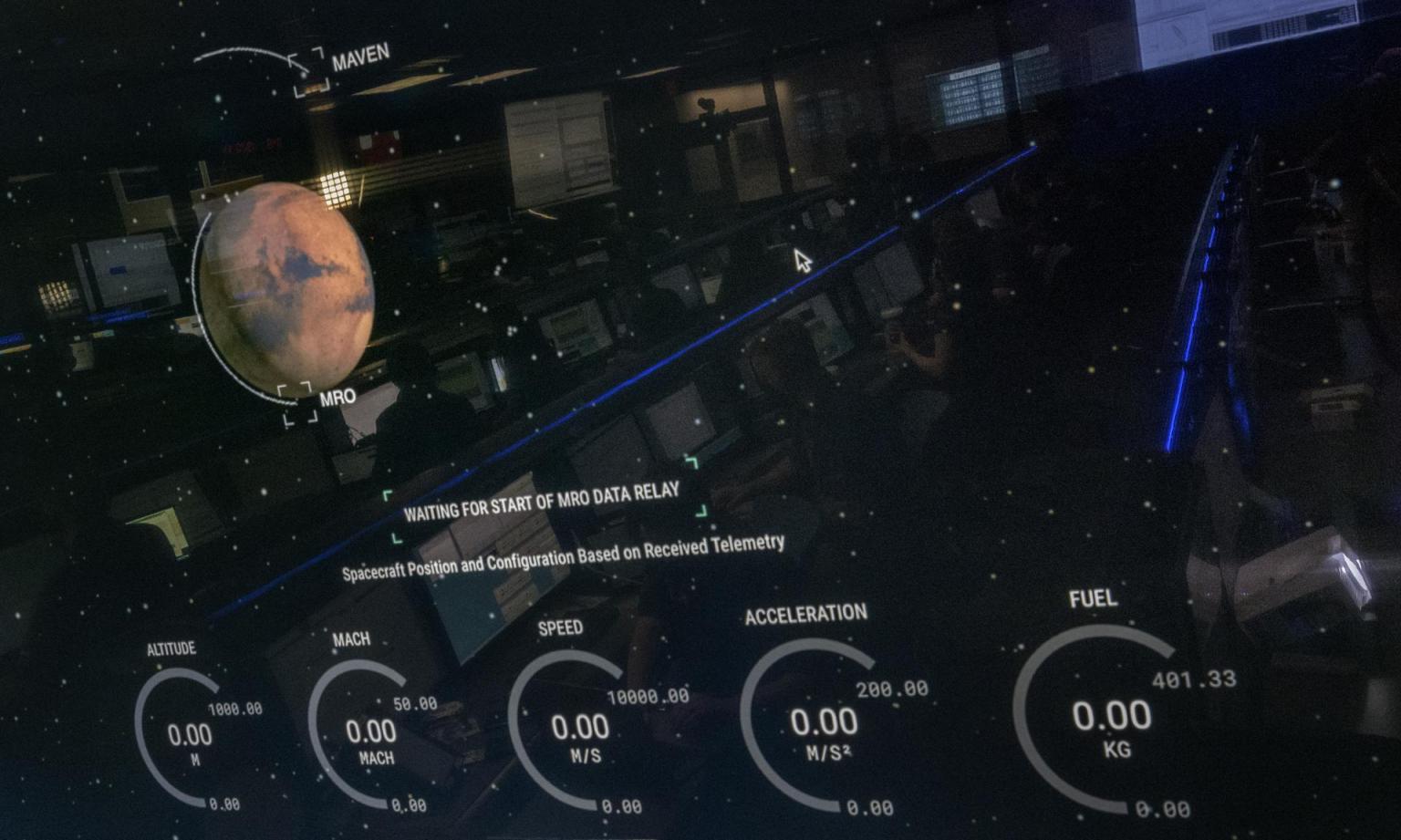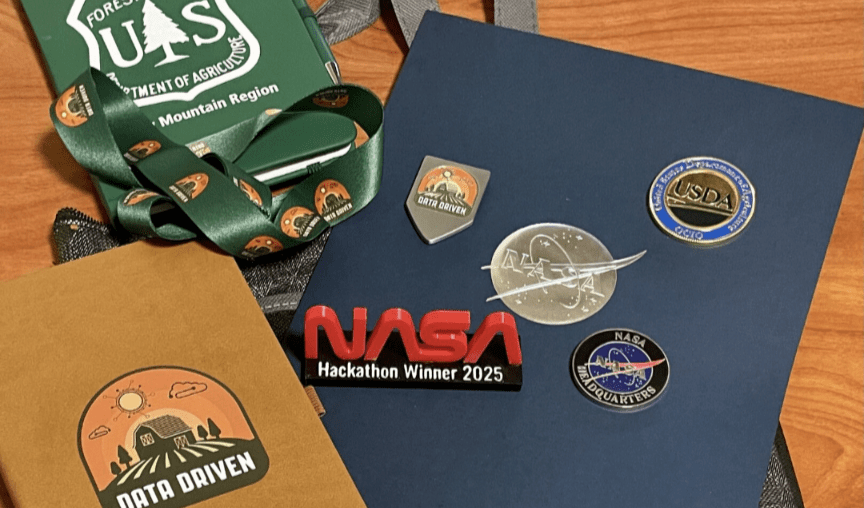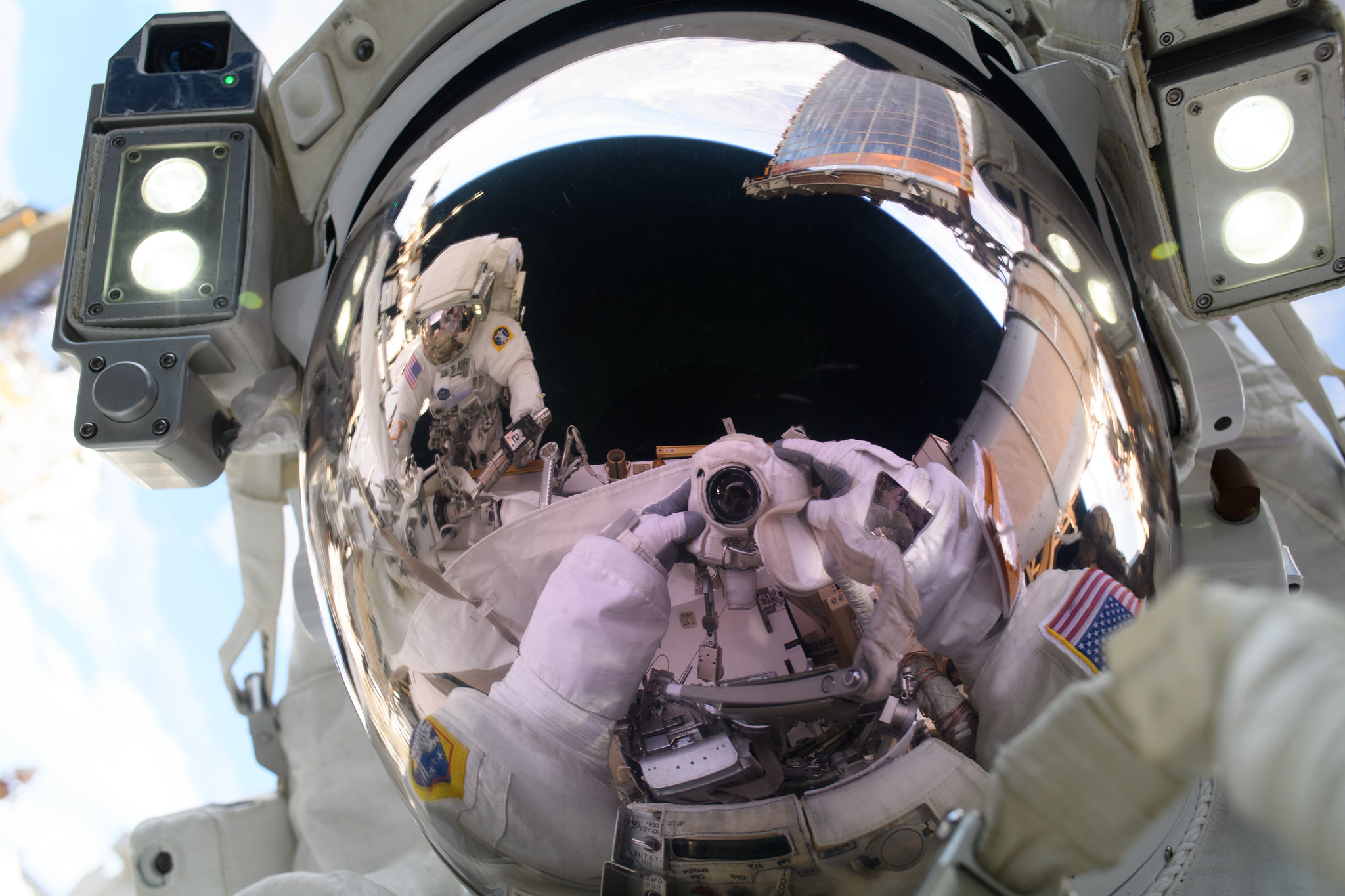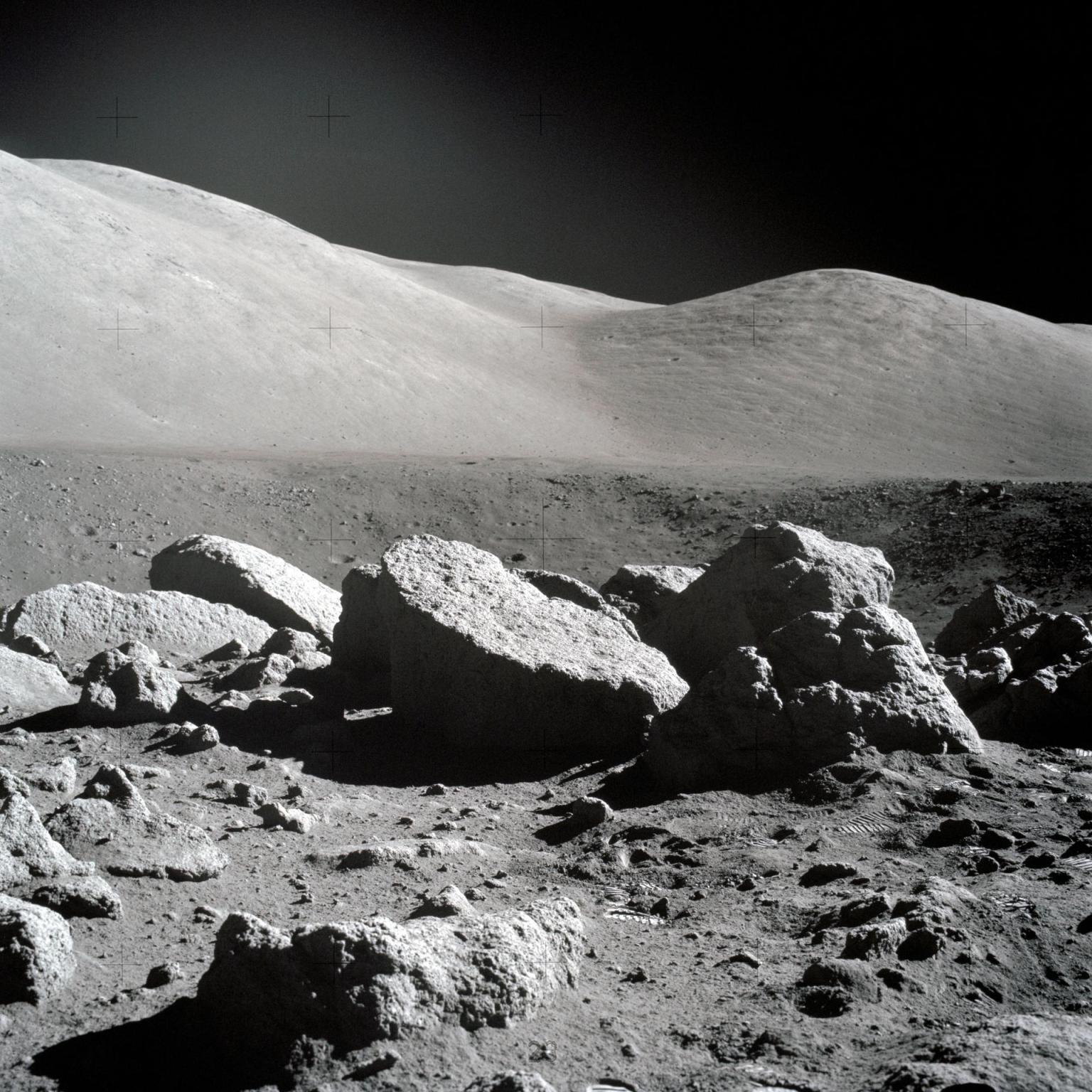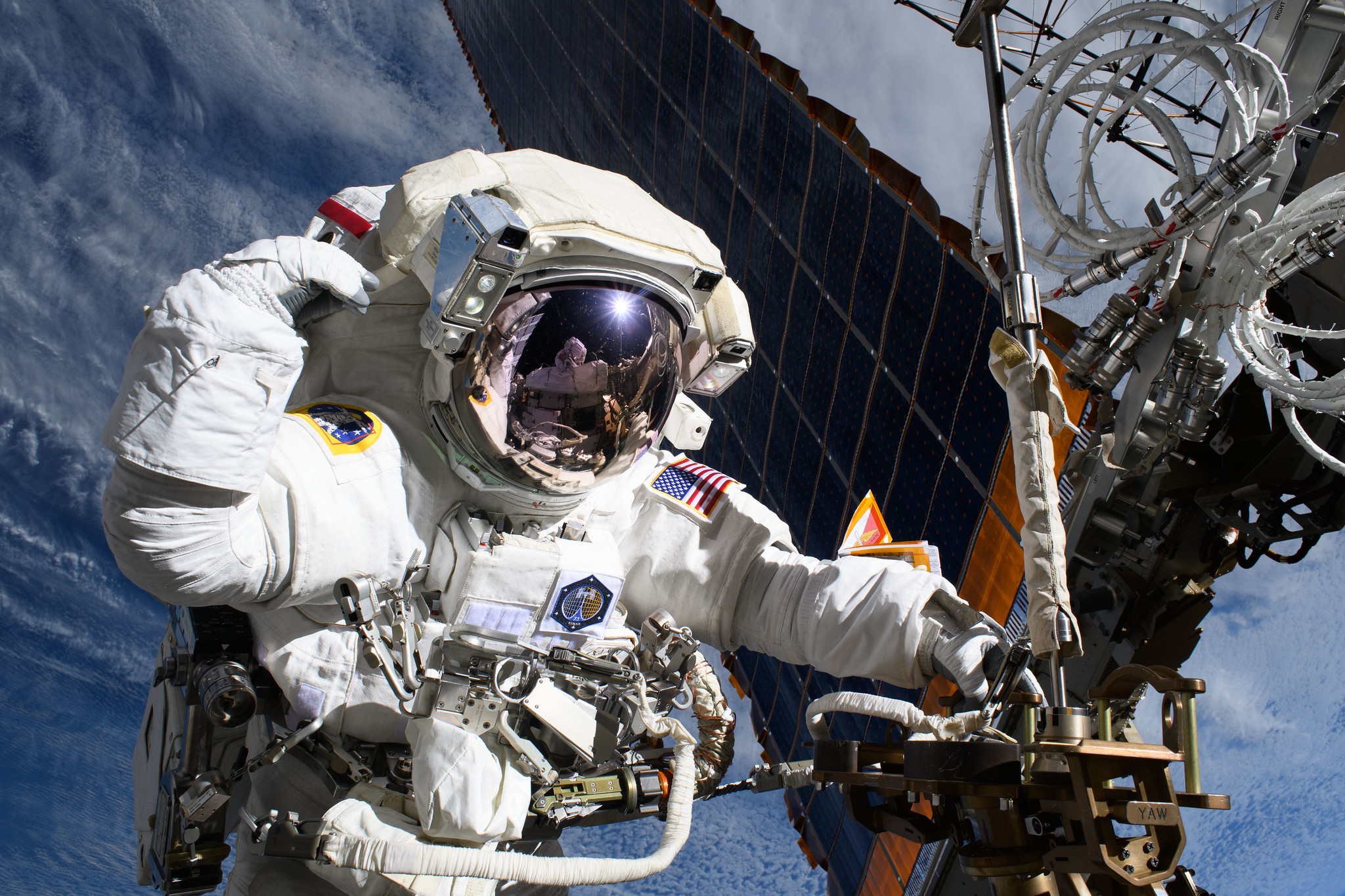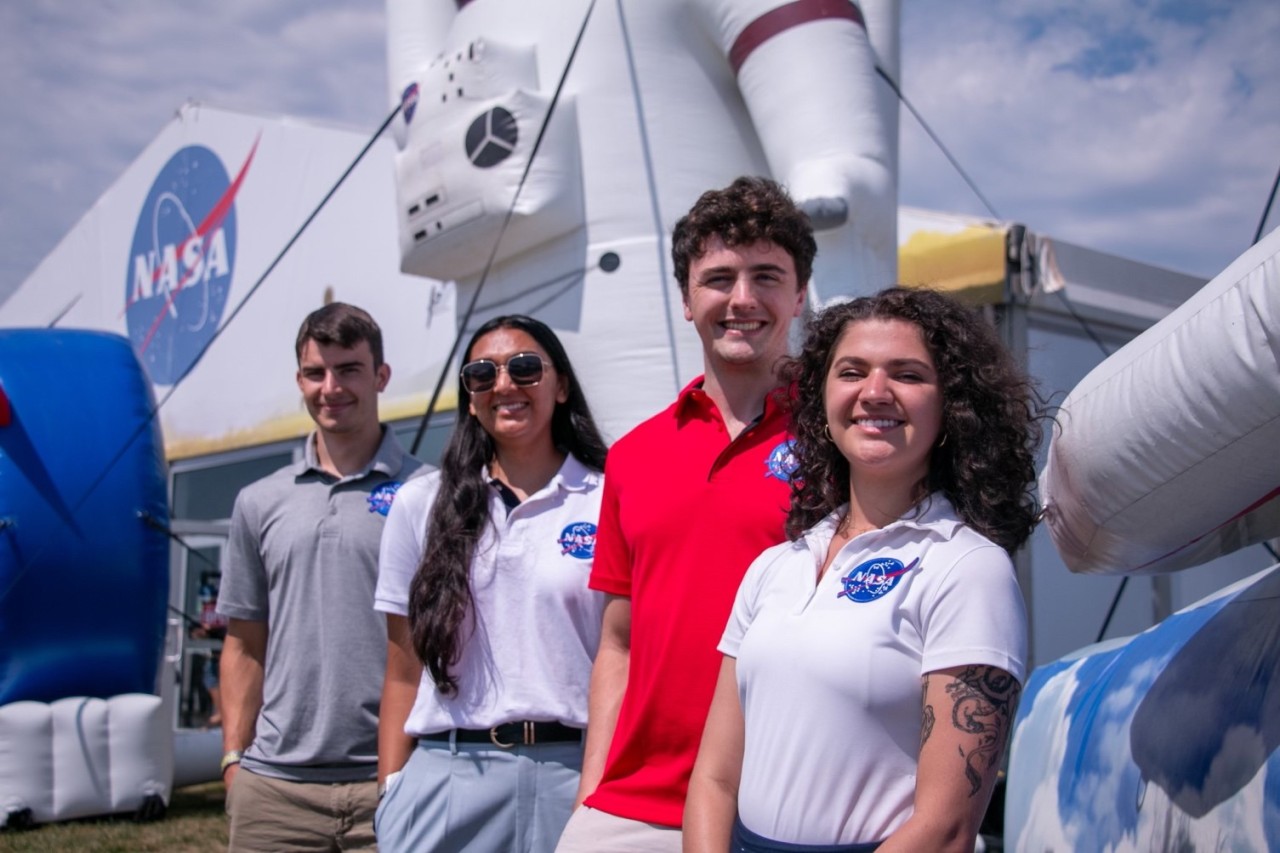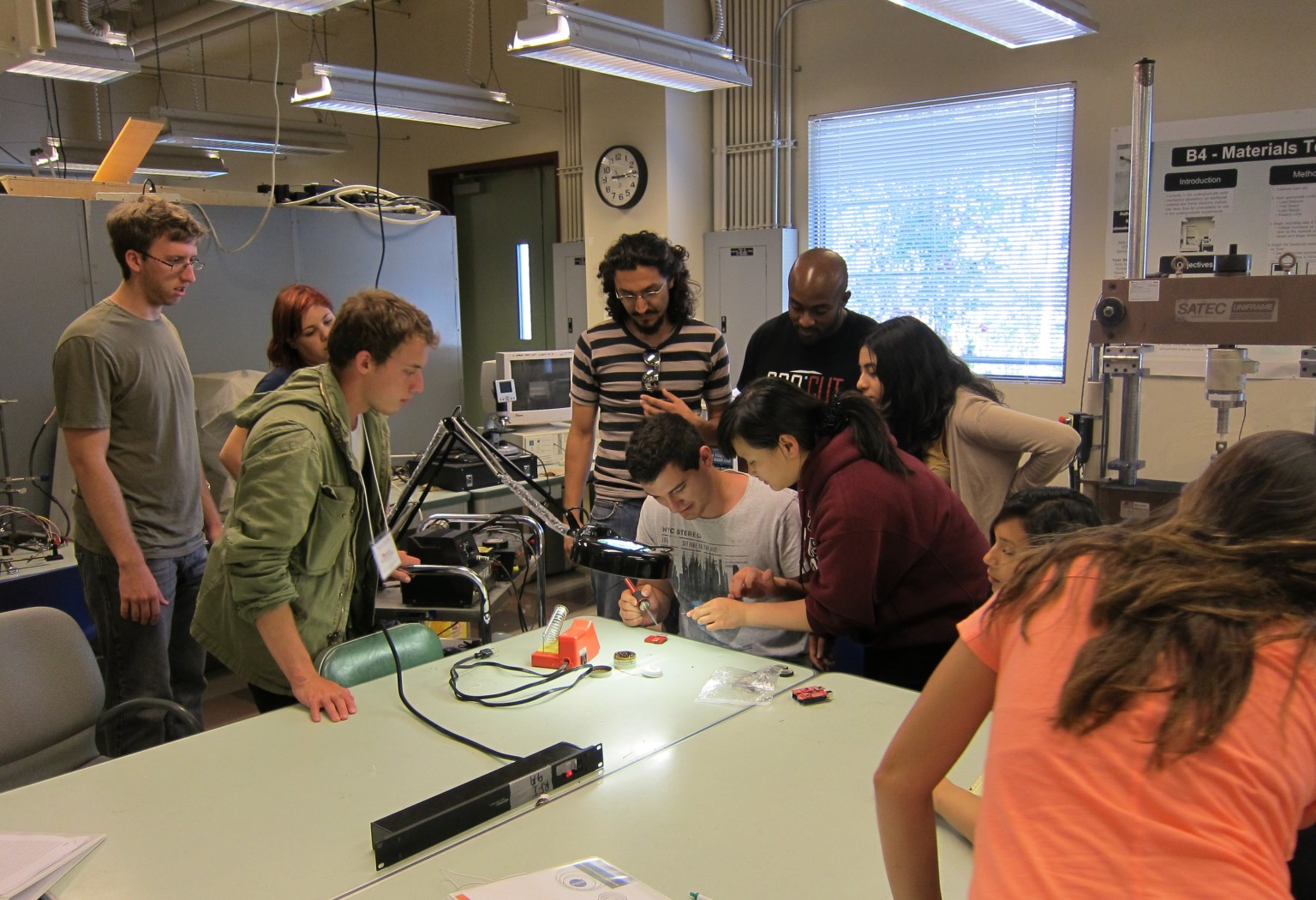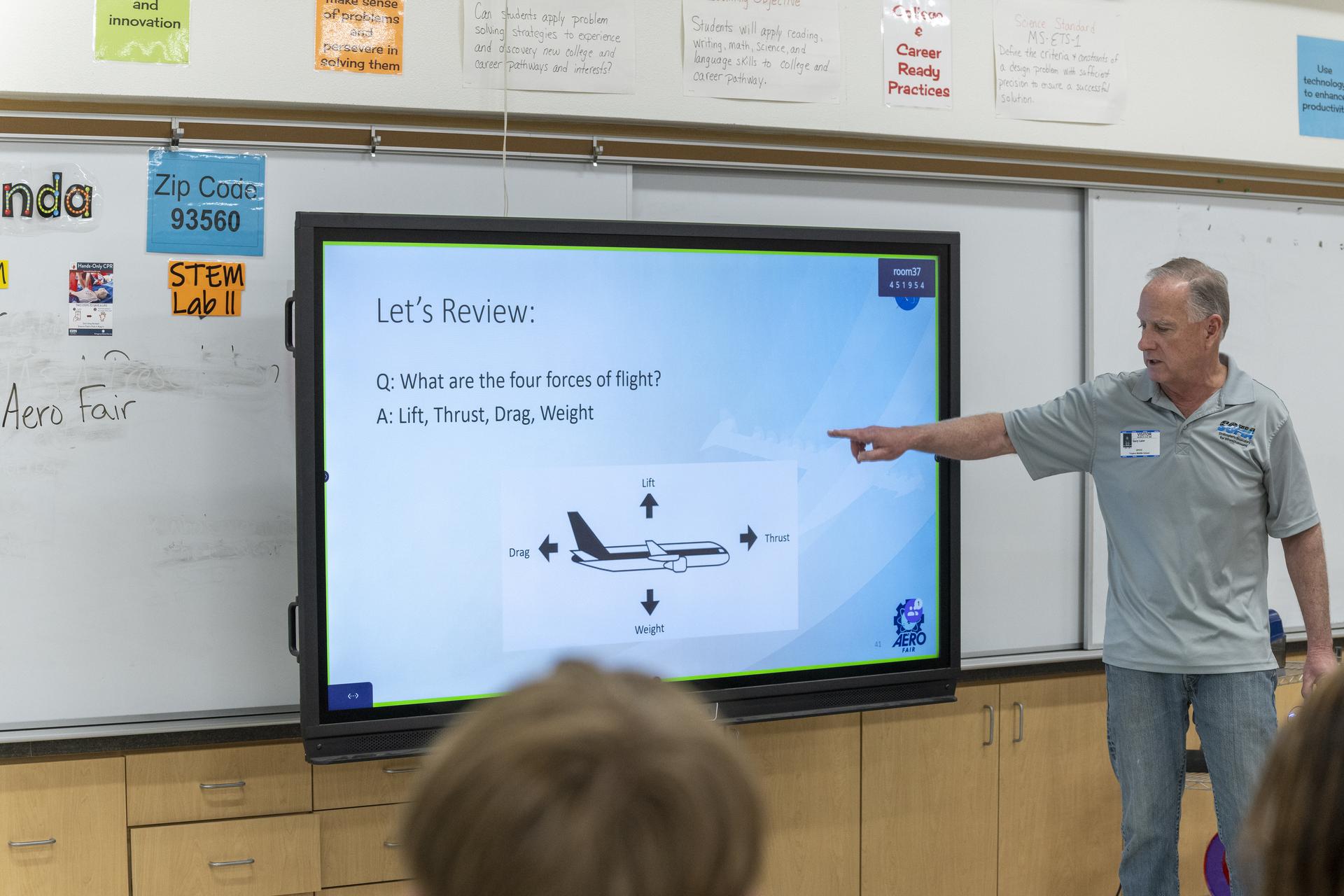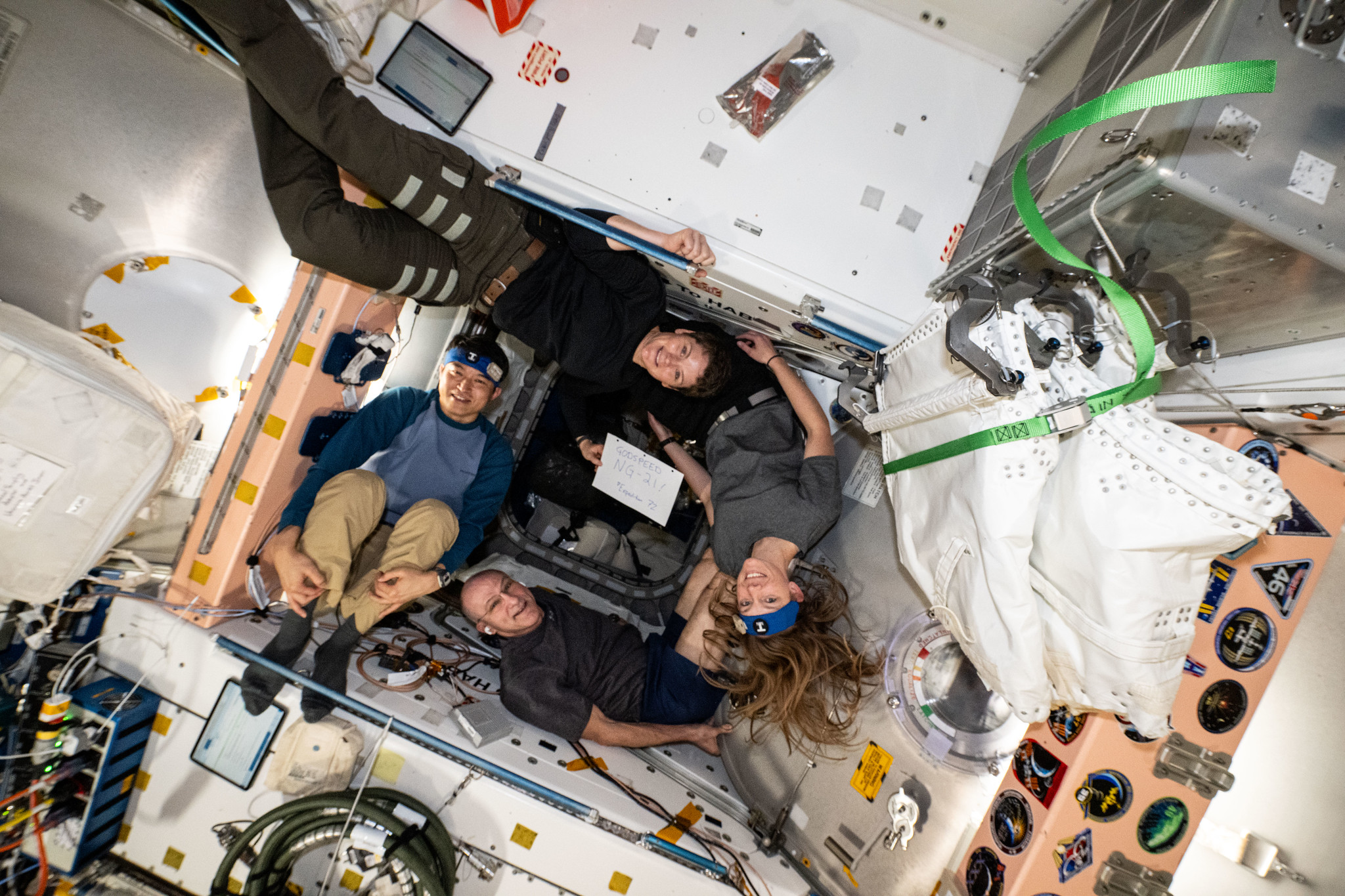4 Min Read Future Engineers Shine at NASA’s 2025 Lunabotics Robotics Competition And the winner is… the University of Utah in Salt Lake City. The Utah Student Robotics Club won the grand prize Artemis Award on May 22 for NASA’s 2025 Lunabotics Challenge held at The Astronauts Memorial Foundation’s Center for Space Education at the Kennedy Space Center Visitor Complex in Florida. “Win was our motto for the whole year,” said Brycen Chaney, University of Utah, president of student robotics. “We had a mission objective to take our team and competition…
Read MoreTag: Learning Resources
Career Spotlight: Mathematician (Ages 14-18)
5 Min Read Career Spotlight: Mathematician (Ages 14-18) What does a mathematician do? Mathematicians use their expert knowledge of math to solve problems and gain new understanding about how our world works. They analyze data and create mathematical models to predict results based on changes in variables. Many different fields rely heavily on math, such as engineering, finance, and the sciences. Using math to solve real-world problems is called “applied math.” This is different from “abstract math,” which refers to the study of the structure of mathematics. At NASA, applied…
Read MoreStudent Coders Bring Novel Approaches to NASA Challenge
In collaboration with the United States Department of Agriculture, Amazon Web Services, and Colorado State University, NASA turned to students for AI-driven solutions. NASA On March 28, 80 college students filed into Colorado State University’s (CSU) Nancy Richardson Design Center to receive pizza and a challenge: design an intelligent system capable of traversing rugged terrain to provide aid in emergency scenarios. They had 24 hours to complete this mission. Co-led by CSU, the United States Department of Agriculture (USDA) Forest Service, and NASA, the Spring 2025 CSU Hackathon forged a…
Read MoreNASA Astronaut to Answer Questions from Students in Washington State
NASA astronaut Anne McClain points a camera at herself and takes a “space-selfie” during a May 1, 2025, spacewalk outside the International Space Station. Credit: NASA NASA astronaut and Spokane, Washington, native Anne McClain will participate in an event with students from the Mobius Discovery Center located in her hometown. McClain will answer prerecorded questions submitted by students from aboard the International Space Station. Watch the 20-minute Earth-to-space call on the NASA STEM YouTube Channel. The event will take place at 1:25 p.m. EDT on Tuesday, May 27. Media interested…
Read MoreWhat is Lunar Regolith? (Grades 5-8)
5 Min Read What is Lunar Regolith? (Grades 5-8) This article is for students grades 5-8. The surface of the Moon is covered in a thick layer of boulders, rocks, and dust. This dusty, rocky layer is called lunar regolith. It was created a long time ago when meteorites crashed into the Moon and broke up the ground. NASA scientists study the regolith to learn more about the Moon’s history. But the smallest parts of the regolith make exploring the Moon very hard! That is why scientists are working to understand…
Read MoreNASA, International Astronauts Address Students from New York, Ohio
Astronaut Anne McClain is pictured on May 1, 2025, near one of the International Space Station’s main solar arrays. Credit: NASA NASA astronaut Nichole Ayers and JAXA (Japan Aerospace Exploration Agency) astronaut Takuya Onishi will answer prerecorded questions submitted by middle and high school students from New York and Ohio. Both groups will hear from the astronauts aboard the International Space Station in two separate events. The first event at 10:20 a.m. EDT on Tuesday, May 20, includes students from Long Beach Middle School in Lido Beach, New York. Media…
Read More5 Tips to Craft a Standout NASA Internship Application
3 min read Preparations for Next Moonwalk Simulations Underway (and Underwater) Four NASA interns pose in front of the NASA Pavilion at the EAA AirVenture Oshkosh, an annual airshow in Oshkosh, Wisconsin. NASA A NASA internship provides a stellar opportunity to launch your future as part of America’s aerospace workforce. NASA interns take on meaningful work and contribute to exciting agency projects with the guidance of a supportive mentor. The internship program regularly ranks as the nation’s most prestigious and competition is steep: in fiscal year 2024, NASA’s Office of…
Read MoreNASA Invests in Future STEM Workforce Through Space Grant Awards
3 Min Read NASA Invests in Future STEM Workforce Through Space Grant Awards NASA is awarding up to $870,000 annually to 52 institutions across the United States, the District of Columbia, and Puerto Rico over the next four years. The investments aim to create opportunities for the next generation of innovators by supporting workforce development, science, technology, engineering and math education, and aerospace collaboration nationwide. The Space Grant College and Fellowship Program (Space Grant), established by Congress in 1989, is a workforce development initiative administered through NASA’s Office of STEM…
Read MoreNASA STEM Programs Ignite Curiosity Beyond the Classroom
3 min read Preparations for Next Moonwalk Simulations Underway (and Underwater) Gary Laier, center liaison for the Small Business Innovation Research/Small Business Technology Transfer (SBIR/STTR) program at NASA’s Armstrong Flight Research Center in Edwards, California, teaches students about aeronautics during Aero Fair at Tropico Middle School in Rosamond, California, on April 9, 2025. NASA/Genaro Vavuris When curiosity takes flight, learning knows no bounds. The impact of supporting STEM education extends far beyond the classroom, shaping the future of innovation and exploration. NASA Engages is the agency’s outreach website that connects…
Read MoreNASA, International Astronauts to Connect with Students in Texas
Expedition 72 Flight Engineers Takuya Onishi from JAXA (Japan Aerospace Exploration Agency) and NASA astronauts Anne McClain, Nichole Ayers, and Don Pettit pose while inside the vestibule between the International Space Station’s Unity module and the Cygnus space freighter. NASA NASA astronaut Nichole Ayers and JAXA (Japan Aerospace Exploration Agency) astronaut Takuya Onishi will answer prerecorded questions about science, technology, engineering, and mathematics from students in Mansfield, Texas, while aboard the International Space Station. The 20-minute space-to-Earth call will take place at 10:40 a.m. EDT on Monday, May 5, and…
Read More